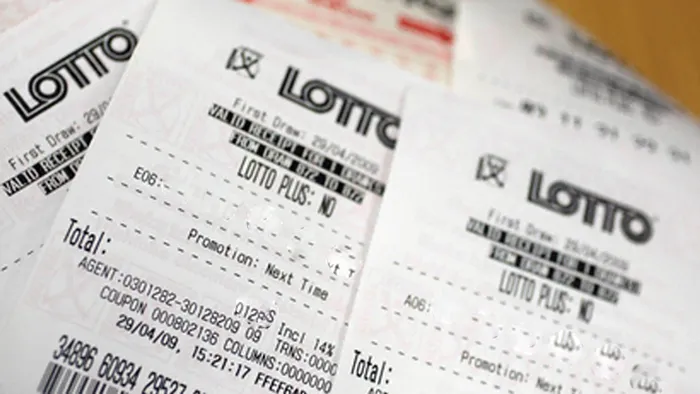
IOL Ithuba Holdings has addressed several misconceptions that have emerged regarding the current South African National Lottery Licence process.
Image: File
Ithuba Holdings has addressed the misunderstandings that have emerged regarding the ongoing South African National Lottery Licence process.
As the Parliamentary Portfolio Committee on Trade, Industry and Competition prepares to oversee the awarding of the Fourth Licence, Ithuba aims to clarify critical aspects of the matter to enhance public understanding and confidence in the process.
"Central to Ithuba's message are four primary points of clarification, addressing what they deem as misconceptions that could undermine trust in the lottery system," said Ithuba CEO, Charmaine Mabuza.
This clarifying communication comes at a time when misinformation regarding the lottery processes could severely disrupt public confidence.
Ithuba's concerns revolve around the potential repercussions that a decline in public trust might pose, particularly for funding dedicated to disadvantaged communities through good causes supported by National Lotteries Commission's disbursements.
In light of these challenges, Ithuba Holdings makes it clear that their submission is not an attempt to stifle public scrutiny; rather, it is a call for fact-based, transparent discourse. The company highlights the vital nature of the lottery in uplifting communities through funding for charities, sports, infrastructure, and cultural initiatives.
